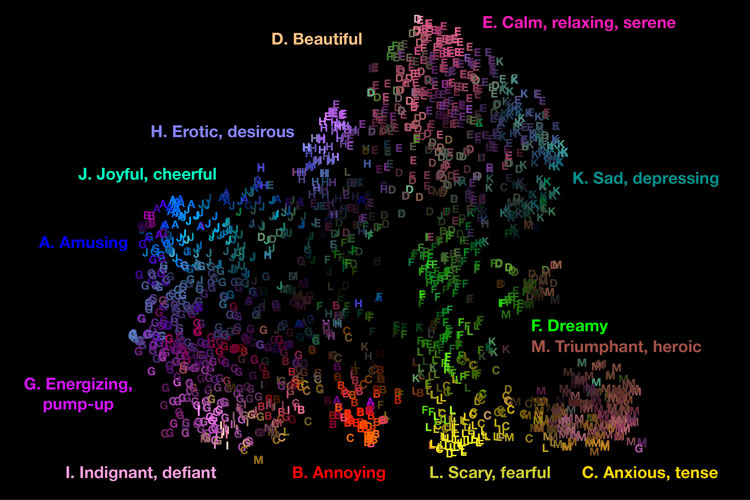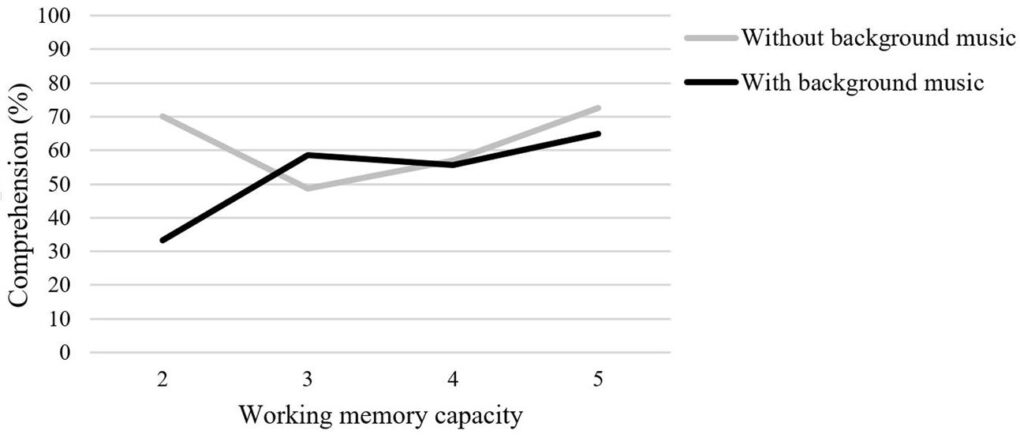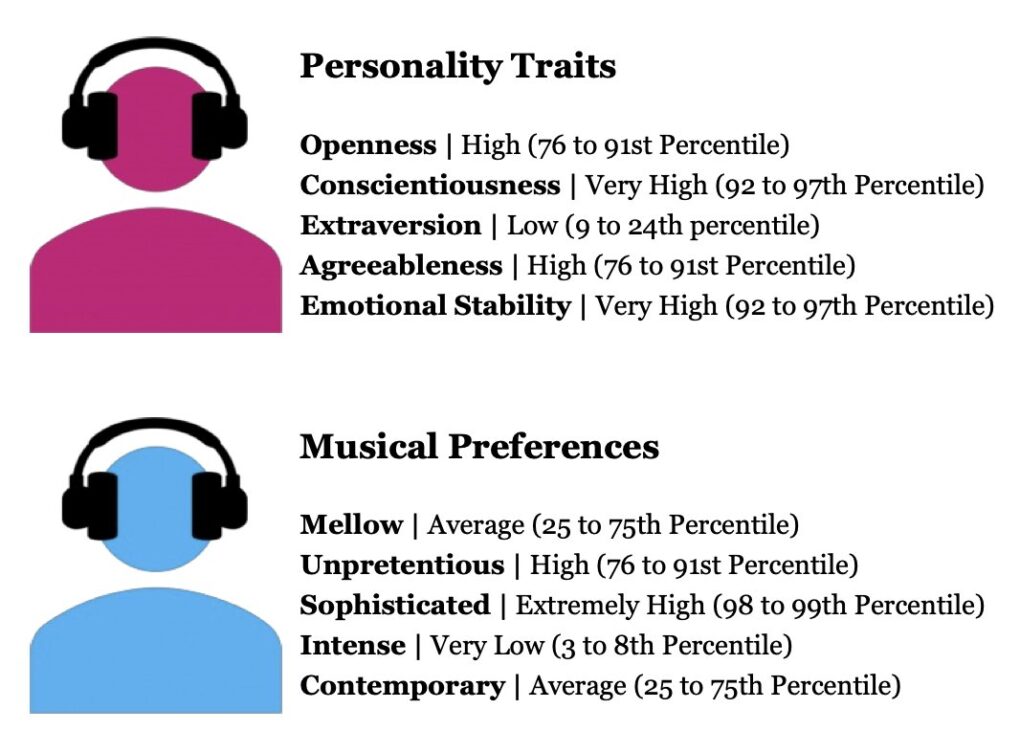The Psychology of Music is a fascinating topic due to its wide range of impacts on our emotions and behaviors. Music has the power to evoke strong feelings, create an atmosphere, alter moods, and even influence behavior.
Through research in the field of psychology, scientists have discovered five distinct ways that music can affect our emotions and behaviors including enhancing performance capabilities, providing comfort during difficult times, influencing decision-making processes, increasing relaxation levels, and decreasing stress levels. By exploring how these different psychological effects manifest themselves we can gain a better understanding of how music affects us emotionally as well as behaviorally. If you want to find out more about music and music production, check out Raz Klinghoffer for some advanced advice.
1. The Power of Music to Evoke Emotions

The psychology of music has long been studied to understand how it affects our emotions and behaviors. Music is an incredibly powerful tool, capable of evoking a wide range of emotions from joy and excitement to sadness and despair.
Studies have shown that music can alter moods, increase productivity, reduce stress levels, improve cognitive performance, promote relaxation, and even help treat depression or anxiety. In addition to affecting our emotional states in profound ways, research suggests that music also has the power to shape our behavior as well; for example, listening to certain types of music can make us more creative or better able to focus on tasks at hand. It’s clear then that the power of music should not be underestimated—it can truly transform how we feel about ourselves and how we interact with others around us.
2. How Listening to Music Can Improve Mood and Reduce Stress
Music has been a huge part of human life since ancient times. It is often used to express emotion and communicate with others. Recent research has uncovered the psychological effects of music on our emotions, behaviors, and moods. Listening to certain types of music can improve mood and reduce stress levels.
Music helps us relax by releasing dopamine in the brain, which increases positive feelings such as happiness or joy. Additionally, it can have calming effects that are beneficial for reducing anxiety or depression symptoms. Other studies suggest that listening to specific genres of music can help improve focus and concentration while studying or working on tasks requiring mental effort. In sum, music has powerful psychological effects that can be utilized to enhance well-being and boost productivity in everyday life activities.
3. Impact of Music on Memory Retention and Learning

Music has a powerful ability to affect our emotions, behaviors, and memory retention. Studies have found that music can improve our recall of information because it helps us better encode memories in the first place. In this way, music can be used as a tool to facilitate learning by allowing us to access information faster and more efficiently.
Music also has an impact on our moods; certain types of music are known to reduce anxiety and depression while others may increase relaxation or happiness. Additionally, research suggests that listening to upbeat tunes can help boost productivity and creativity by motivating the tasks at hand. Ultimately, understanding how music affects our psychology is essential for taking full advantage of its potential benefits for both learning and well-being.
4. Relationship Between Musical Preferences and Personality Traits

The Psychology of Music is an area of study that explores how music influences our emotions and behaviors. It examines the relationship between musical preferences and personality traits, as well as how music can affect a person’s overall mental health. Research suggests that people who enjoy different types of music tend to have different personalities and characteristics. For example, individuals who prefer classical music often display higher intelligence than those who prefer pop or rock.
Additionally, research shows that certain psychological states are associated with specific genres; for instance, aggressive songs may evoke aggression in people while calming tunes may induce relaxation. Furthermore, listening to certain types of music has been found to alter one’s mood by reducing stress levels or stimulating creativity. Ultimately, understanding the psychology behind musical preferences provides insight into how our tastes can shape our thoughts and feelings – something which is essential when it comes to improving our well-being!
5. Effectiveness of Music as a Form of Therapy

Music therapy is a form of psychotherapy that uses music to improve a person’s physical, mental, and emotional well-being. Music has been used for centuries as a way to heal the mind, body, and soul. Research shows that it can be an effective tool in treating various psychological disorders such as depression, anxiety, and PTSD. The use of music in therapy helps people express their feelings, cope with stressors and find new ways to approach life’s challenges.
It also offers relaxation techniques that can reduce tension levels and help individuals become more aware of their emotions. In addition to its therapeutic benefits, music can act as an aid during times of grief or loss by providing comfort through familiar songs or melodies. As such, it is considered an important aspect of any holistic treatment plan designed to promote positive mental health outcomes for those suffering from psychological distress.
End Note
The Psychology of Music is a fascinating field of study that investigates how music affects our emotions and behaviors. Through research, it has been found that music can act as a powerful influence on the way we think, feel, and act. It can be used to stimulate positive feelings or increase motivation for physical activity.
Additionally, it can provide comfort in difficult times or help us make sense of complex situations by providing structure and meaning. Moreover, music has also been shown to have an impact on memory formation and recall as well as influencing creativity and decision-making. As such, understanding its effects is important in helping people lead more fulfilling lives.
